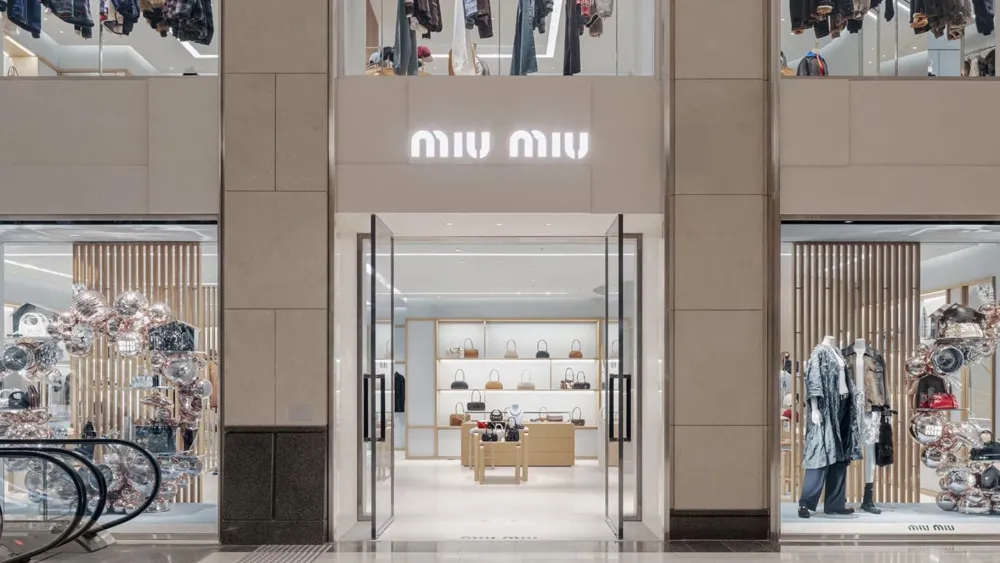
India’s grocers to gain in redefining its core value proposition
The grocers can start by evaluating their consumers’ spending behaviours.
Amidst a rise in omnichannel retail, India’s grocers could gain big in redefining its core value proposition, through building distinctiveness in one or two areas across merchandising authority or assortment, in-store experience, customer service, convenience and value, according to a report from McKinsey & Company.
McKinsey has observed amongst retailers across the globe that retailers who successfully defined a clear customer value proposition (CVP) against one or more of these criteria have consistently outperformed peers over the past 10 years.
“Grocers are facing increased competition from disruptors and an ever-growing consumer demand for personalisation, choice and better experience. Being “all things to all people” may no longer be sufficient to win,” the report stated.
Grocers can start redefining their core value proposition by defining a clear, customer-backed value proposition and format strategy, which could be based on a re-evaluation of customer behaviour, such as spend patterns, shopping missions, and share of wallet across categories, the report noted.
McKinsey said that grocers could ask themselves what are the spending behaviours and shopping missions of their current consumers, the headroom to capture the share of customer wallets, the churn or downward spend they have observed by customer segment, and their key competitors and their offerings.
With a clear value proposition, grocers are advised to translate it into specific category tramlines, with questions such as what the retailer or disruptor is standing for in innovation and assortment, what the private label play is, and how the value should be offered to the consumer.
These questions require category level target setting for each lever such as merchandising and pricing that adds up to the growth page, McKinsey said.
Lastly, grocers are advised to consider developing merchandising key performance indicators (KPIs) that are essential to move from commercial strategy to store-based reality.
These could include the umbrella metric of Net Promoter Score and drill-down specific KPIs of frequency, number of trips, churn percentage and average size of basket by sub- categories, the report stated.
“In addition, any change in proposition needs to be reflected at a store level reality that is perceptible to the consumer, including granular elements like shelf display and store communications,” McKinsey said.
Omnichannel grocery retail contributed under 1% in value to fast-moving consumer goods (FMCG) growth in 2010, but has grown ever since, the report noted. Online grocery retail in India has seen a cumulative annual growth rate (CAGR) of over 50%, estimated to be $2-3b in 2020, and projected to grow to $10-12b by 2025.
“Serving customers directly and through an omnichannel approach is emerging as a prerequisite to growth. In our experience with leading CPG players and retailers in the country, the average revenue contribution from online business has nearly doubled in just the last three years,” McKinsey said.



















 Advertise
Advertise







